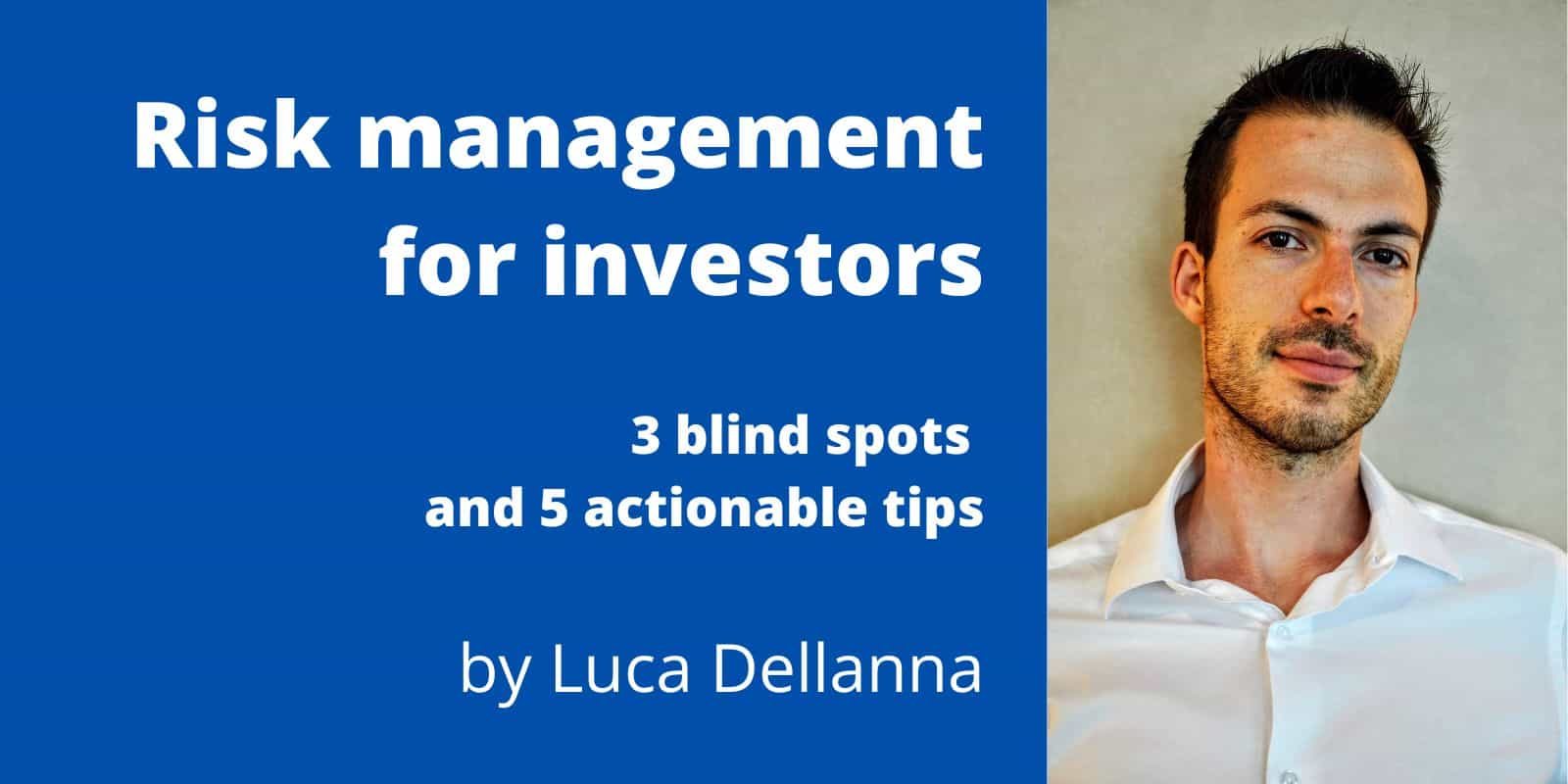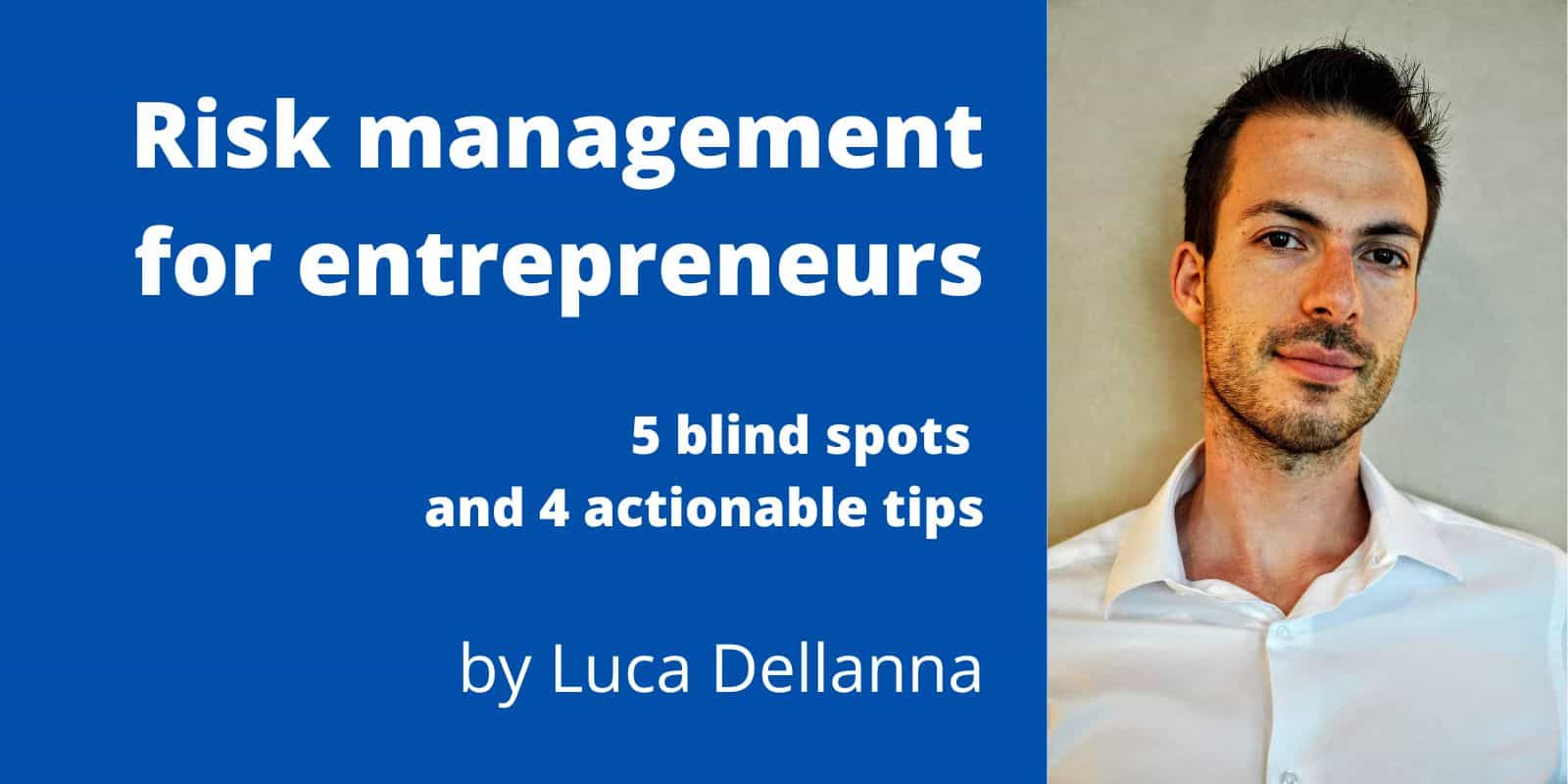The three blind spots of savvy investors when it comes to risk management and five actionable tips to address them.
Last year, I ran across many charlatans spreading dangerous misinformation on COVID. One of them was a Twitter user by the name of @SignorErnesto, who claimed that Europeans were more likely to die of meteorites than COVID (link in Italian).
I wouldn’t have cared much – idiots are everywhere – except that this one had quite an audience. In the old days, I would have argued with him. However, it would have been a waste of time – charlatans never argue in good faith and resort to insults. Engaging with them on their ground is a lose-lose.
Instead, I told him: Ernesto, if you are so sure, let’s bet. If more people will have died in the EU over the next year because of meteorites than COVID, I will give you 10€. Otherwise, you will give me 100€ (the bet is asymmetric because he mentioned that the empirical probability of dying of meteorites is more than ten times those of COVID). Ernesto arrogantly raised it to 1000€ in one month. I accepted.
This is a great way to get charlatans exposed to at least some form of consequence for their misinformation. Of course, the consequences of their misinformation – human lives, in this case – are much larger than whatever they would lose through the bet. However, it is often enough to get them to retract their words or to show others how absurd their proposition is.
After Ernesto, I proposed other bets to similar charlatans, including a medical researcher who published an article on one of Italy’s leading newspapers. Here are some of the learnings from the experience.
- Make the bet public. The objective is to expose the charlatan.
- Choose a reasonable amount of money. It should be enough to be consequential but not excessive – you do not want to give them an excuse to refuse the bet (“I don’t have that kind of money”).
- The bet does not have to be symmetric. For example, if he claimed that an event has a 90% chance of succeeding, you do not want to bet “win, you get $100, lose, I get $100.” Instead, choose amounts that reflect the odds: “win, you get $100, lose, I get $1000.”
- It is usually expected that you offer that if you win, the money will go to a charity you indicate.
- Many charlatans are cowards and do not follow through. For example, Ernesto lost the bet but did not pay.
Even if they don’t follow through, it doesn’t matter. The bet is not to make money. It’s to expose their charlatanry.
We’re in an age in which it’s cheaper and cheaper to produce dangerous misinformation. We need to make it costly. Offering bets is one such way.


